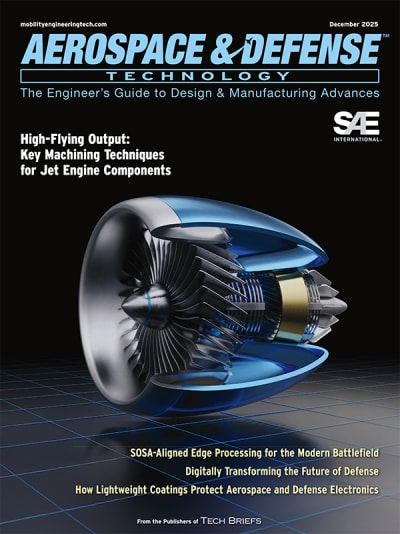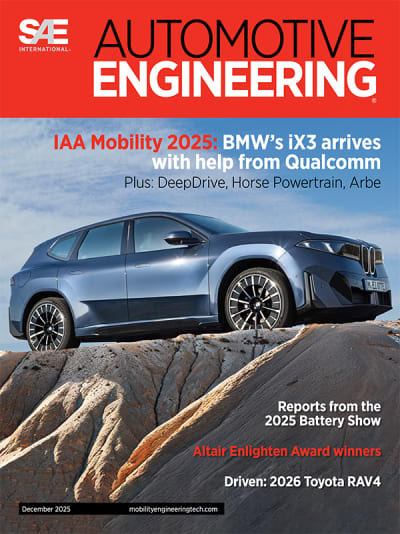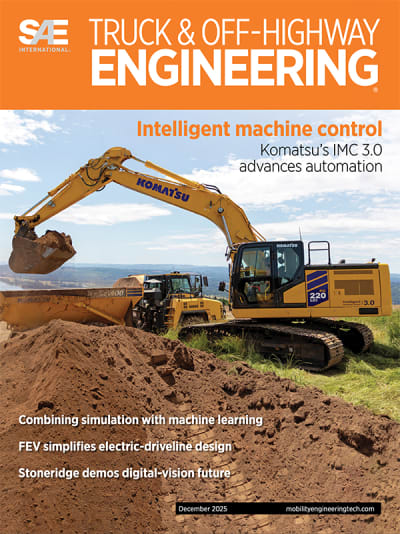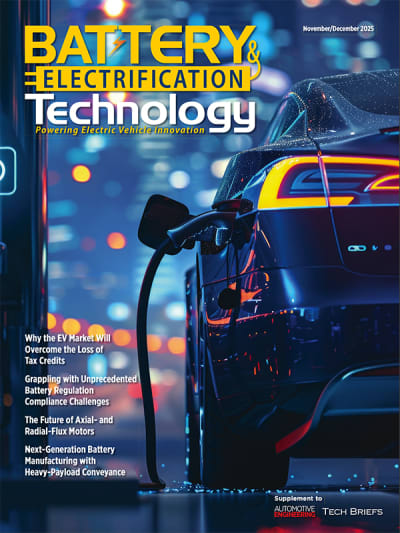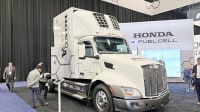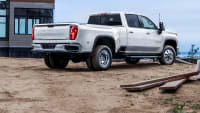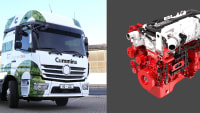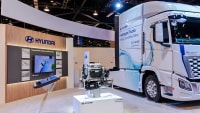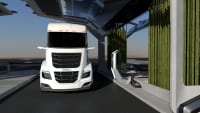GM, Autocar to Build Fuel-Cell Commercial Vehicles
GM-developed fuel-cell “power cubes” will generate electricity to propel a variety of emissions-free vocational trucks.

General Motors announced this week that it entered a joint development agreement with Alabama-based Autocar Industries to build a range of all-electric commercial trucks powered by electricity generated from GM’s Hydrotec hydrogen fuel-cell systems the company calls “power cubes.” In a video call with journalists, the companies said production of electric trucks at the Autocar Truck Plant in Birmingham, Alabama, will begin in 2026.
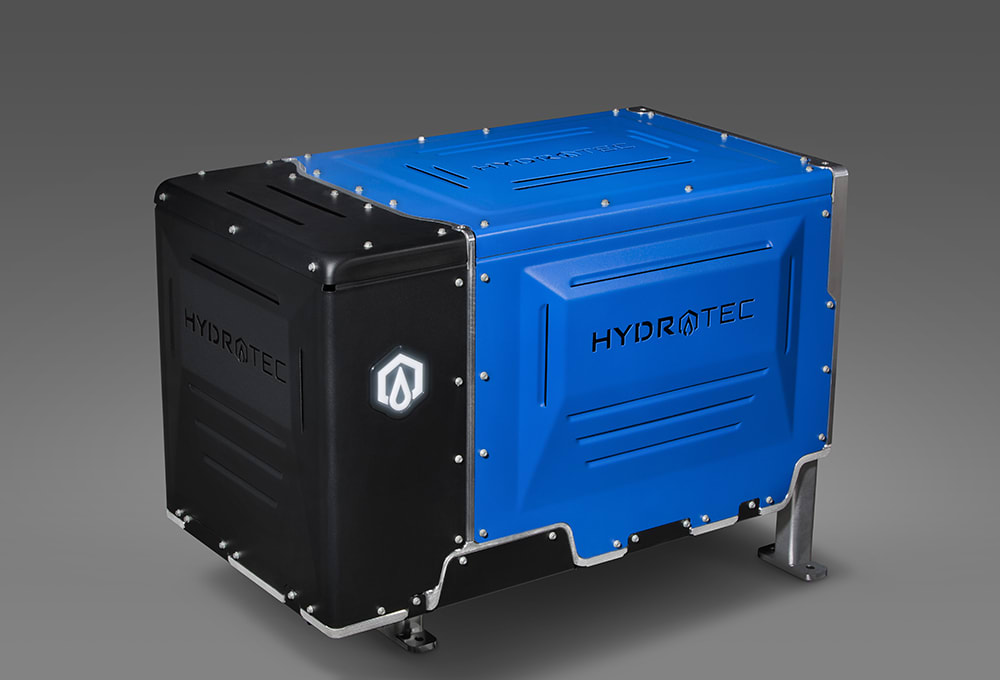
“EV propulsion systems like GM’s Ultium Platform are great solutions for electrifying passenger vehicles, but larger vehicles like Autocar’s Class 8 trucks, garbage trucks and terminal tractors require robust solutions that enable significant energy carrying capacity and fast refueling times,” said Charlie Freese, GM executive director, Global Hydrotec, in a press release. “We want to enable zero-tailpipe-emissions solutions for the largest, highest energy-consuming vehicles, and fuel cells are ideal for the most energy intensive applications,” Freese added.

The power cube is comprised of 300-plus versions of GM’s current, second-generation fuel cells in a compact and easily packaged footprint that also incorporates power- and thermal-management systems. GM said each power cube can generate 77 kW “and is much quieter than a conventional diesel propulsion system.” The modular power cubes can be arrayed in a multiple arrangement for vehicles requiring more power. The power cubes for the Autocar applications will be manufactured by GM in Brownstown, Michigan.
During a press gathering in July 2023, Freese said that the modular power cube format is ideal for larger vehicles that have high-energy demands. He added that the second-generation fuel cell design has markedly reduced loadings of precious metals required for the system’s catalyst; the Gen 0 design used about 80 grams of platinum, Gen 1 reduced the amount to around 30 grams – and the Gen 2 technology has cut the amount to the 20-gram level.
Zero-emissions, built to order
The JDA between GM and Autocar sees fitment of the modular power cubes in Autocar’s vocational trucks such as cement mixers, roll-offs and dump trucks that share a common platform. Later, the companies said refuse trucks and terminal tractors will be added. The fuel cell-powered trucks will be built to order by Autocar and sold directly to customers.
“Autocar provides customized vocational trucking solutions, and as regulations change, we see Hydrotec fuel cells as an additional avenue for our customers to meet their EPA [Environmental Protection Agency] requirements with zero tailpipe emissions vehicles,” said Eric Schwartz, Autocar president, in a release. “GM’s scale, reliability and the capability of their Hydrotec fuel cell technology will enhance Autocar’s existing platforms,” he added.
Triz Engineering — a commercial-vehicle engineering company owned by GVW Group, which also owns Autocar — will provide “expert integration support for power distribution between the fuel cell and batteries, which store electricity that is captured from regenerative braking or is created by the HYDROTEC power cubes,” the companies said.
“We have carefully studied existing severe duty vocational trucks to understand their specific demands and requirements,” said Johann Vorster, president of TRIZ Engineering. “With GM and Autocar, we have built a fuel cell application that is unique within vocational vehicles — giving severe duty trucking more options to be truly rugged and capable of achieving zero tailpipe emissions.
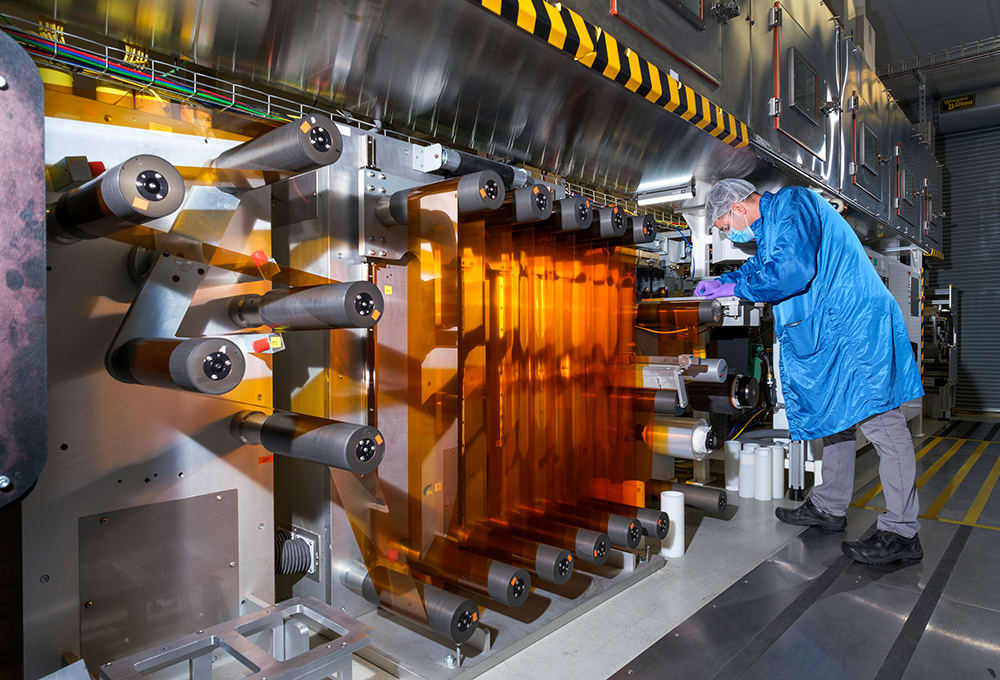
Vorster told reporters that the joint-development effort is maintaining realistic goals. “Don’t reinvent the wheel,” he said. “We know most of these [fuel-cell electrification] things have been solved.”
Although GM or Autocar did not mention potential prices for the for the fuel-cell trucks, Freese suggested initial costs will be higher than their internal-combustion counterparts. He said the fuel cell-powered propulsion is “not yet on cost parity” with a diesel powertrain in the vocational trucks the companies are targeting for fuel-cell fitment.
Top Stories
INSIDERRF & Microwave Electronics
![]() FAA to Replace Aging Network of Ground-Based Radars
FAA to Replace Aging Network of Ground-Based Radars
PodcastsDefense
![]() A New Additive Manufacturing Accelerator for the U.S. Navy in Guam
A New Additive Manufacturing Accelerator for the U.S. Navy in Guam
NewsSoftware
![]() Rewriting the Engineer’s Playbook: What OEMs Must Do to Spin the AI Flywheel
Rewriting the Engineer’s Playbook: What OEMs Must Do to Spin the AI Flywheel
Road ReadyPower
![]() 2026 Toyota RAV4 Review: All Hybrid, All the Time
2026 Toyota RAV4 Review: All Hybrid, All the Time
INSIDERDefense
![]() F-22 Pilot Controls Drone With Tablet
F-22 Pilot Controls Drone With Tablet
INSIDERRF & Microwave Electronics
![]() L3Harris Starts Low Rate Production Of New F-16 Viper Shield
L3Harris Starts Low Rate Production Of New F-16 Viper Shield
Webcasts
Energy
![]() Hydrogen Engines Are Heating Up for Heavy Duty
Hydrogen Engines Are Heating Up for Heavy Duty
Energy
![]() SAE Automotive Podcast: Solid-State Batteries
SAE Automotive Podcast: Solid-State Batteries
Power
![]() SAE Automotive Engineering Podcast: Additive Manufacturing
SAE Automotive Engineering Podcast: Additive Manufacturing
Aerospace
![]() A New Approach to Manufacturing Machine Connectivity for the Air Force
A New Approach to Manufacturing Machine Connectivity for the Air Force
Software
![]() Optimizing Production Processes with the Virtual Twin
Optimizing Production Processes with the Virtual Twin

